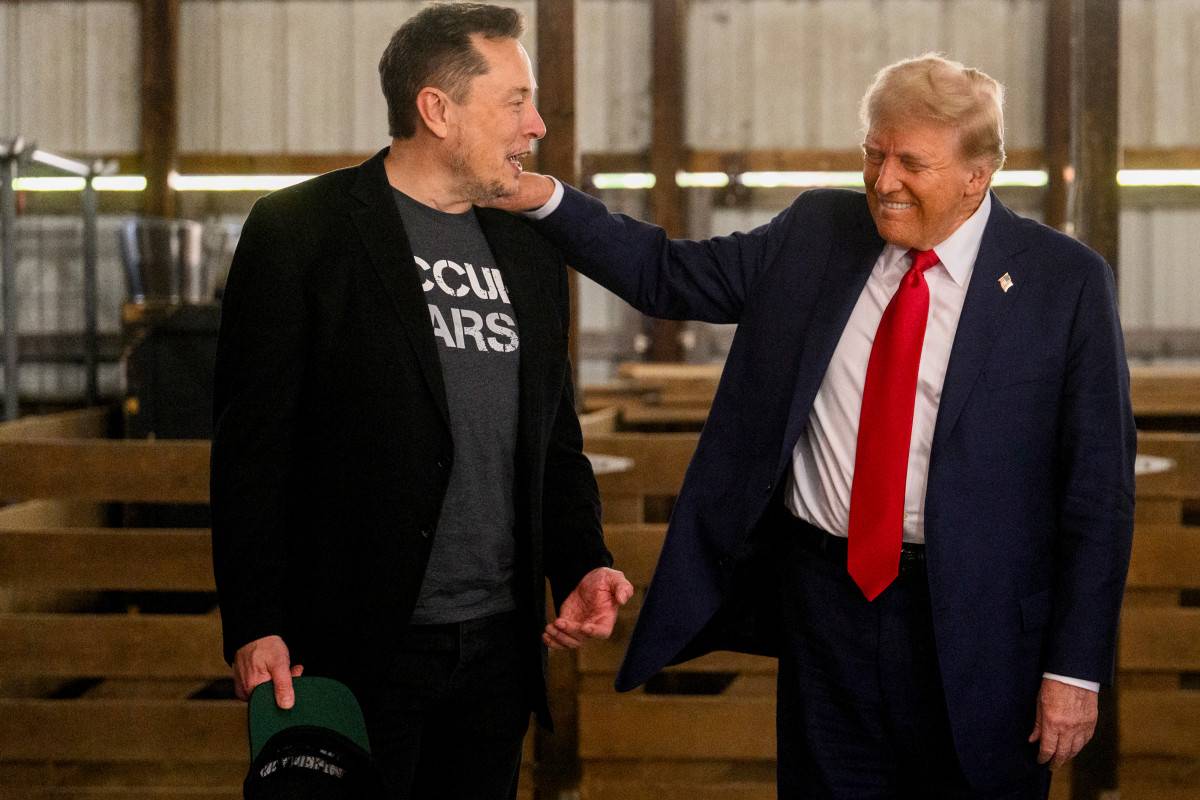Trump’s win and the importance of crucial battleground states
Throughout his campaign, Trump made several high-profile promises to Bitcoin enthusiasts and the crypto community, receiving enthusiastic responses from advocates of decentralized finance. His participation in Bitcoin 2024 in Nashville was a crucial event, where he articulated his vision for a more crypto-supportive America. This included a pledge to safeguard Bitcoin miners, a group that has faced growing regulatory scrutiny in recent years. Trump’s commitment to support the Bitcoin mining sector aligns with his larger economic strategies of deregulation and energy independence, both essential for the prosperity of miners who depend on reliable and affordable energy sources.
While not a central theme of his campaign, Trump’s broader economic initiatives, particularly his focus on simplifying the tax code, have been favorably received by the crypto community. Numerous Bitcoin enthusiasts have speculated that a Trump administration could implement reforms to ease the taxation of digital assets. Streamlining the tax reporting processes for cryptocurrency holders would not only promote greater adoption but also furnish much-needed legal clarity for investors maneuvering through the complex regulatory environment.
Trump’s second-term victory has ushered in a notable transformation in the political arena, especially concerning cryptocurrency. In a historic first, a sitting president has publicly endorsed Bitcoin and the broader crypto community, marking a significant shift from the more cautious or even oppositional approaches of prior administrations. This pro-Bitcoin perspective has resonated deeply with an expanding demographic of voters who view decentralized finance as a means to achieve enhanced financial freedom and innovation.
Trump’s pro-Bitcoin position and pledges to the crypto community
Another significant promise that has captured attention is Trump’s commitment to pardon Ross Ulbricht, the founder of Silk Road, who is currently serving two life sentences. Ulbricht’s case has often served as a rallying point for many in the Bitcoin community, who perceive his punishment as excessively severe. By vowing to reassess Ulbricht’s case, Trump has positioned himself as a candidate who prioritizes justice reform and personal freedom, further appealing to a voter base that values individual rights and decentralized governance.
Trump’s opposition to Central Bank Digital Currencies (CBDCs) has also found favor among Bitcoin supporters. Many in the crypto community view CBDCs as a potential infringement on financial privacy and autonomy, as they would grant governments unprecedented control over individual financial transactions. Trump’s outspoken criticism of CBDCs, which he has labeled as an invasion of personal financial freedom, aligns with the key principles of decentralized finance. His position has strengthened his appeal to those wary of government-controlled digital currencies and who identify Bitcoin as a safeguard against governmental overreach.
Donald J. Trump has officially reclaimed his position in the White House, achieving the presidency for a second term as the 47th President of the United States. His journey to victory was facilitated by essential wins in vital battleground states, particularly Pennsylvania and Wisconsin. These states, which were hotly contested throughout the campaign, ultimately leaned towards Trump, enabling him to exceed the 270 electoral votes necessary to secure the presidency. The importance of these battleground states is immense, as they played a pivotal role in pushing Trump over the electoral limit and solidifying his success.
Trump’s final electoral count indicates robust support from much of the Midwest and South, with further victories in states like Ohio and Florida bolstering his advantage. These areas, often regarded as indicators of national sentiment, were crucial in determining the election’s result. Although Vice President Kamala Harris performed well in traditionally Democratic strongholds like California and New York, her campaign ultimately faltered as Pennsylvania and Wisconsin shifted towards Trump, marking a significant turning point in the contest.
One of the most revolutionary proposals from Trump’s campaign was the concept of creating a Bitcoin Strategic Reserve. This unprecedented idea for any government reflects an increasing acknowledgment of Bitcoin’s potential as a safeguard against inflation and currency depreciation. By recognizing Bitcoin as a legitimate asset within the national financial framework, Trump has indicated a readiness to incorporate decentralized digital assets into the wider economy. This approach could have extensive implications, not only for the U.S. but for global markets, as it further legitimizes Bitcoin as a store of value comparable to gold.
Moreover, Trump’s resistance to CBDCs may resonate with Australian Bitcoiners who share similar worries about potential government encroachment in the financial realm. As Australia investigates the feasibility of a digital Australian dollar, Trump’s viewpoint could offer a counter-narrative advocating for the preservation of financial privacy and autonomy through decentralized currencies like Bitcoin. This could further energize the Australian crypto community, which has actively supported policies that foster innovation and safeguard individual freedoms in the digital economy.
In addition to his electoral triumph, Trump also achieved a majority of the popular vote, amassing over 51% (66.7 million votes). This outcome reflects a renewed mandate from voters, many of whom valued his economic policies and focus on deregulation. The victory in the popular vote highlights the extensive support Trump garnered, particularly from voters in regions historically vital to Republican successes. His ability to engage with these voters, especially regarding economic concerns and regulatory matters, was a crucial element of his successful campaign for a second term.
Source: bitcoinmagazine.com
For Australian Bitcoiners, Trump’s pro-Bitcoin position is especially compelling. Australia has experienced a surge of interest in cryptocurrency, with a growing number of investors and businesses embracing Bitcoin and other digital assets. Trump’s policies could spark global ripple effects, potentially shaping how other nations, including Australia, approach cryptocurrency regulation and adoption. As the U.S. continues to lead in global financial markets, any essential shift in its stance towards Bitcoin could set a benchmark for other countries to follow, including Australia, where the crypto community is closely monitoring U.S. developments.

